Music and Childhood: Unlocking the Hidden Power of Sound
Main Keywords: impact of music on children, music in kindergarten, child development through music
Secondary Keywords: children’s cognitive skills, early music education, children’s emotions, emotional intelligence, brain development in children
Introduction: When Children Learn Through Rhythm
Picture a preschool classroom where little hands clap to the beat, tiny voices hum a familiar tune, and feet shuffle happily to a playful rhythm. What looks like simple fun is actually a foundation for lifelong growth.
Music is not just noise in the background—it is a developmental tool that strengthens the brain, nurtures emotions, and connects children socially.
In this article, we will explore why music is such a powerful ally in childhood development and how parents and educators can integrate it into everyday life.
How Music Shapes Young Minds: Seven Transformative Benefits
1. Music Fuels Brain Growth
Neuroscience shows that regular exposure to music strengthens neural connections, particularly in regions responsible for memory, language, and even mathematical thinking. Engaging with rhythm and melody is like a workout session for the developing brain.
2. A Natural Boost for Language Skills
Songs filled with rhythm and repetition make it easier for children to absorb new words and sentence structures. Even infants benefit: lullabies train their ears to pick up on the patterns of language. As a result, children immersed in music often start speaking earlier and enjoy richer vocabularies.
3. Emotional Intelligence in Action
Music helps children recognize, process, and express their feelings. A sad tune may comfort a child experiencing fear, while an upbeat song can lift their spirits. Beyond self-expression, shared musical experiences also build empathy, allowing children to sense and respond to others’ emotions.
4. Sharpening Focus and Memory
Practicing rhythms and melodies requires attention and mental organization. Studies show that children who engage in music activities often display stronger working memory, improved problem-solving, and the ability to concentrate for longer periods.
5. Movement, Rhythm, and Motor Skills
From banging a drum to moving with a beat, music strengthens coordination. It develops both fine motor control (like finger movements) and gross motor abilities (like balance and large movements). This physical engagement prepares children for sports, handwriting, and everyday tasks.
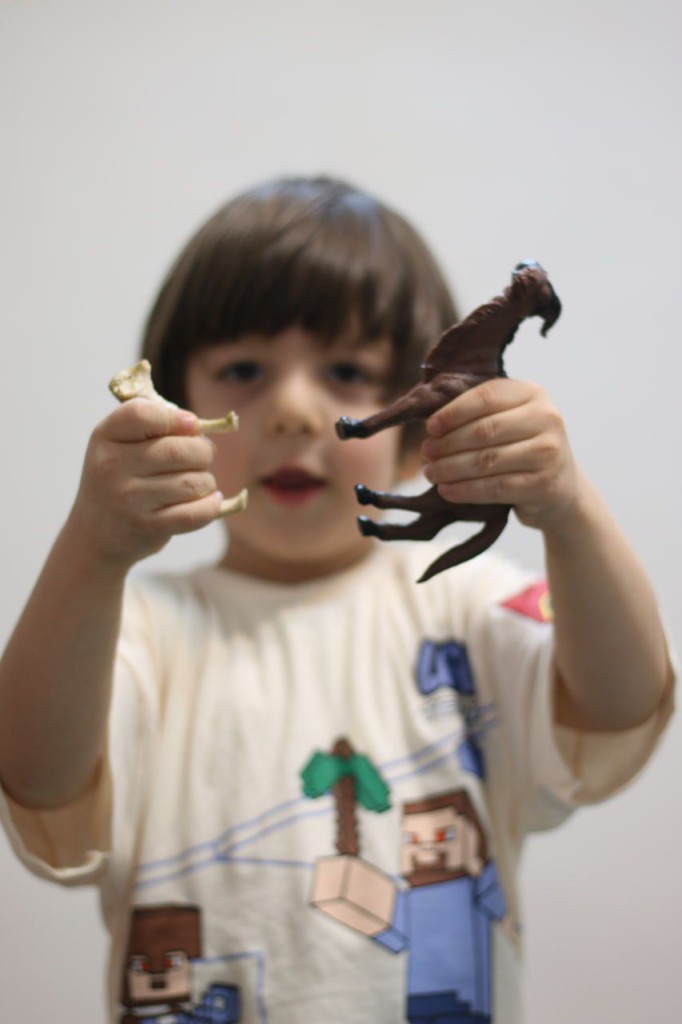
6. Music Sparks Creativity
A melody can inspire storytelling, role-play, and imaginative games. Children surrounded by music are often more expressive in art, writing, and play because music encourages them to think beyond boundaries and explore new possibilities.
7. Social Growth Through Shared Music
Singing in a group or playing instruments together fosters teamwork. Children learn to wait their turn, listen carefully, and synchronize their actions with others. These experiences create a sense of belonging and strengthen friendships.
Practical Ways for Parents to Use Music
Play music daily at home: From playful children’s songs to calming classical pieces, variety enriches your child’s mood and learning.
Sing together: Your voice is more meaningful than perfection. Singing during bath time, car rides, or bedtime creates shared memories.
Provide simple instruments: Drums, bells, or even homemade shakers give children a chance to explore rhythm hands-on.
Music in Kindergarten Classrooms
High-quality early childhood programs weave music into their daily routine—not as entertainment, but as an educational tool. For example:
- Morning group singing builds unity and focus.
- Musical games teach numbers, letters, and colors.
- Calming background music helps reduce stress and anxiety.
- Outdoor play with simple instruments encourages creativity without pressure.
- Such practices prove that music supports both academic learning and emotional well-being.
Conclusion: A Call to Take Music Seriously
Music is far more than background noise—it is a language that speaks directly to the growing mind and heart. By making music part of daily life, children learn faster, regulate their emotions better, and connect more deeply with the world around them.
For parents and educators, the invitation is clear: embrace music as a cornerstone of childhood development. In doing so, we give children the tools not only to learn, but to thrive with joy, creativity, and resilience.
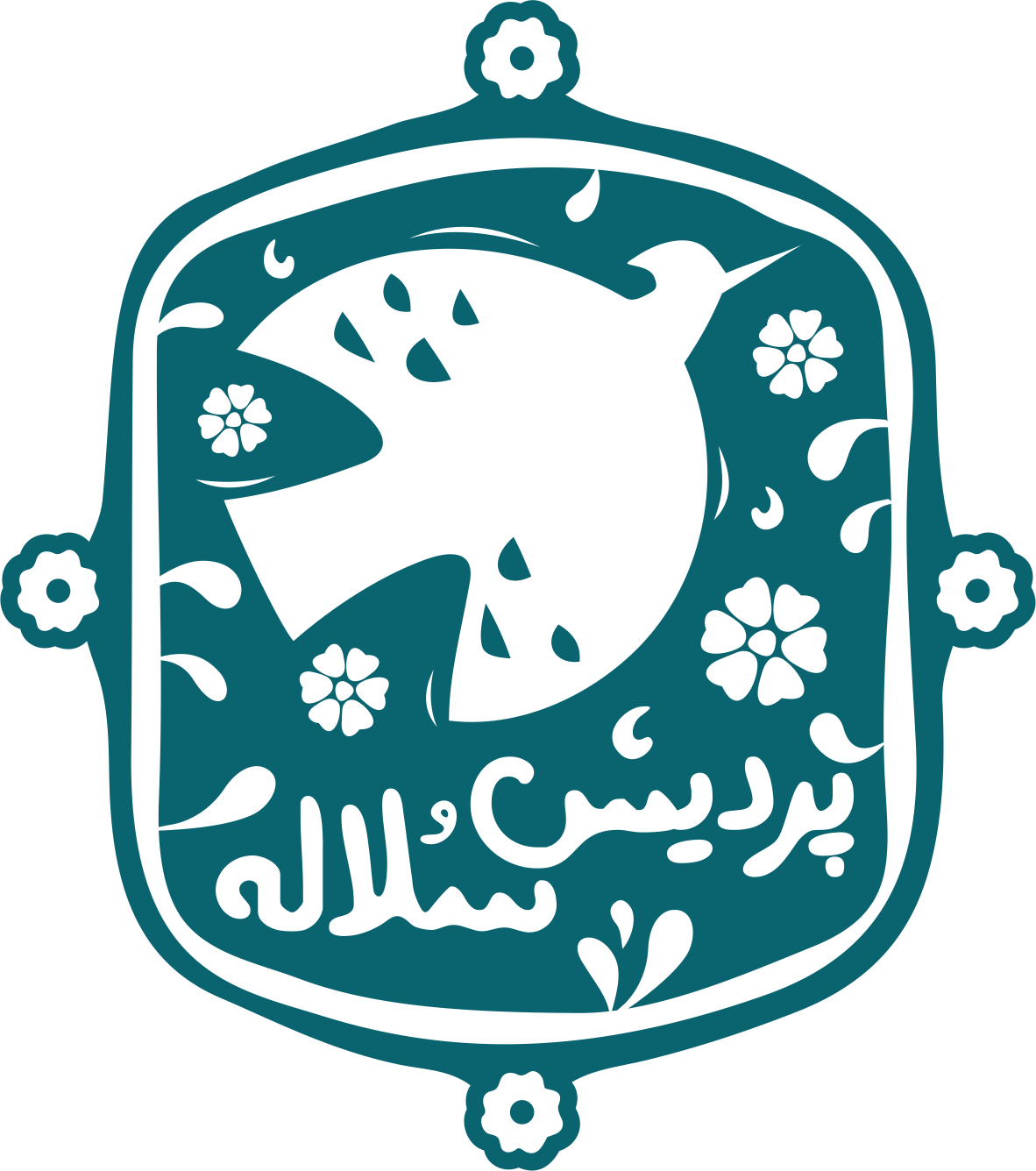
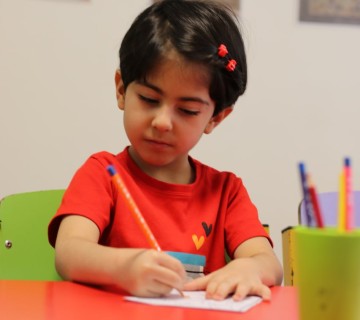
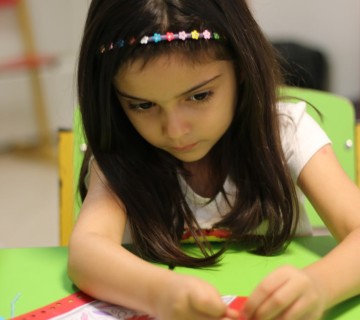
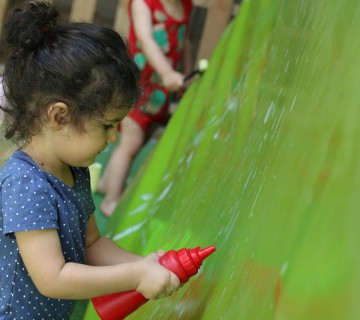
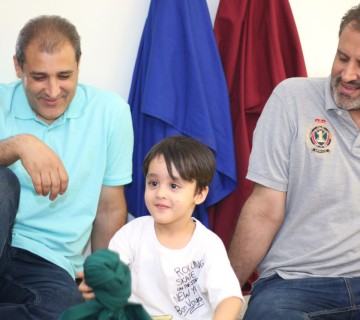
بدون دیدگاه